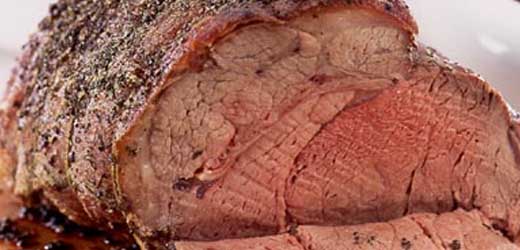5 ways to burn fat
For many people looking to improve their exercise regime their main focus in the early days is to burn fat and replace this with muscle. In theory this is quite easy but there are a number of factors to take into consideration such as your body’s metabolism. We will now take a look at the five top ways to burn fat and improve your health and fitness which fit hand in hand with regular exercise.
Avoid constant use of scales
While there is always a temptation to jump on the scales see if you have lost any weight today, or how different your weight is in the morning to the evening, this should be avoided at all costs. Experts suggest weighing yourself no more than once a week is more than enough and will give you an idea of what is going on. In reality you could lose 5 pounds of fat and replace this with 5 pounds of muscle so your weight would be unmoved and you would likely feel depressed. In many ways it is how you feel and how you see yourself in the mirror which is a greater indicator of how successful your fat burning regime has been.
Gradually reduce your calorie intake
There are many diets out there to fit every situation, every food preference and body style. While it is best to choose a diet which fits your lifestyle and your preferences, the simple fact is that reducing your calorie intake and increasing your calorie burn will reduce your body fat and improve your health. However, do not make the mistake of simply cutting back on your calorie intake overnight because your body will not be fooled!
Our bodies are naturally primed to store fat in times “trouble” so if you suddenly reduce your calorie intake your metabolism will slow. This will mean that the calories you take in will be burned at a slower rate and there will be no overall benefit. However, if you gradually reduce your calorie intake this will not shock your body into “fat storage mode” and give you more control over your fat burn.
Look to vary your calorie intake
As we touched on above, if you suddenly reduce your calorie intake overnight then your body’s metabolism will kick in, slow down and reduce the rate at which calories are burned. There are ways and means “tricking” your body’s metabolism such as varying your calorie intake and your food preferences on a regular basis. If your body goes into “reduced burn” mode this will reduce the benefits of your exercises therefore by varying your calorie intake you are “tricking” your body into maintaining a better rate of metabolism. Simple but very effective!
Eat healthy fat
It may sound bizarre to suggest eating more “good” fats but this is most certainly the case if you are looking to improve your health and your body tone. These good fats help you burn fat, build muscle and reduce the recovery time between workouts as well as helping the health of your heart. Good fats include polyunsaturated ones found in fish, nuts, peanut butter, olive oil, egg yolks and fish oil. Many people will already be aware of the benefits of peanut butter which gradually fuels the body over a prolonged period of time due to the slow rate of energy release from the food. So, who would have thought, you could eat more good fats to burn off the “bad fat”?
Eat small meals on a regular basis
We have all heard about fitness fanatics having five or six smaller meals during the day rather than 2 to 3 large feasts. To many people this seems over the top but there is a very good reason for this. Smaller meals at regular intervals during the day will feed your body enough nutrients and fuel to build muscle and burn fat. As your body does not kick into “starvation mode” this creates a higher metabolic resting rate which reduces the amount of fat stored in your body and the fuel taken from muscles – which happens in “starvation mode”. We’re not suggesting an increase in your daily calorie intake but smaller meals at regular intervals.

